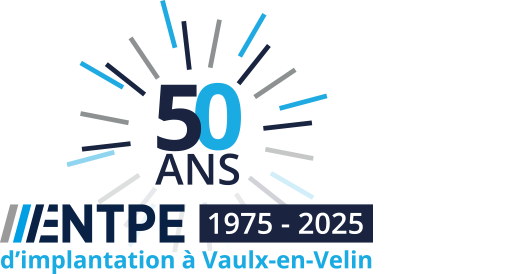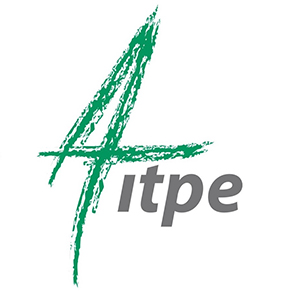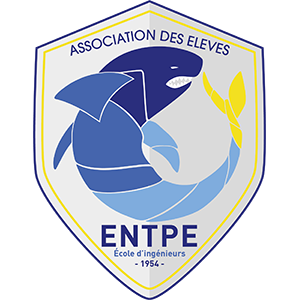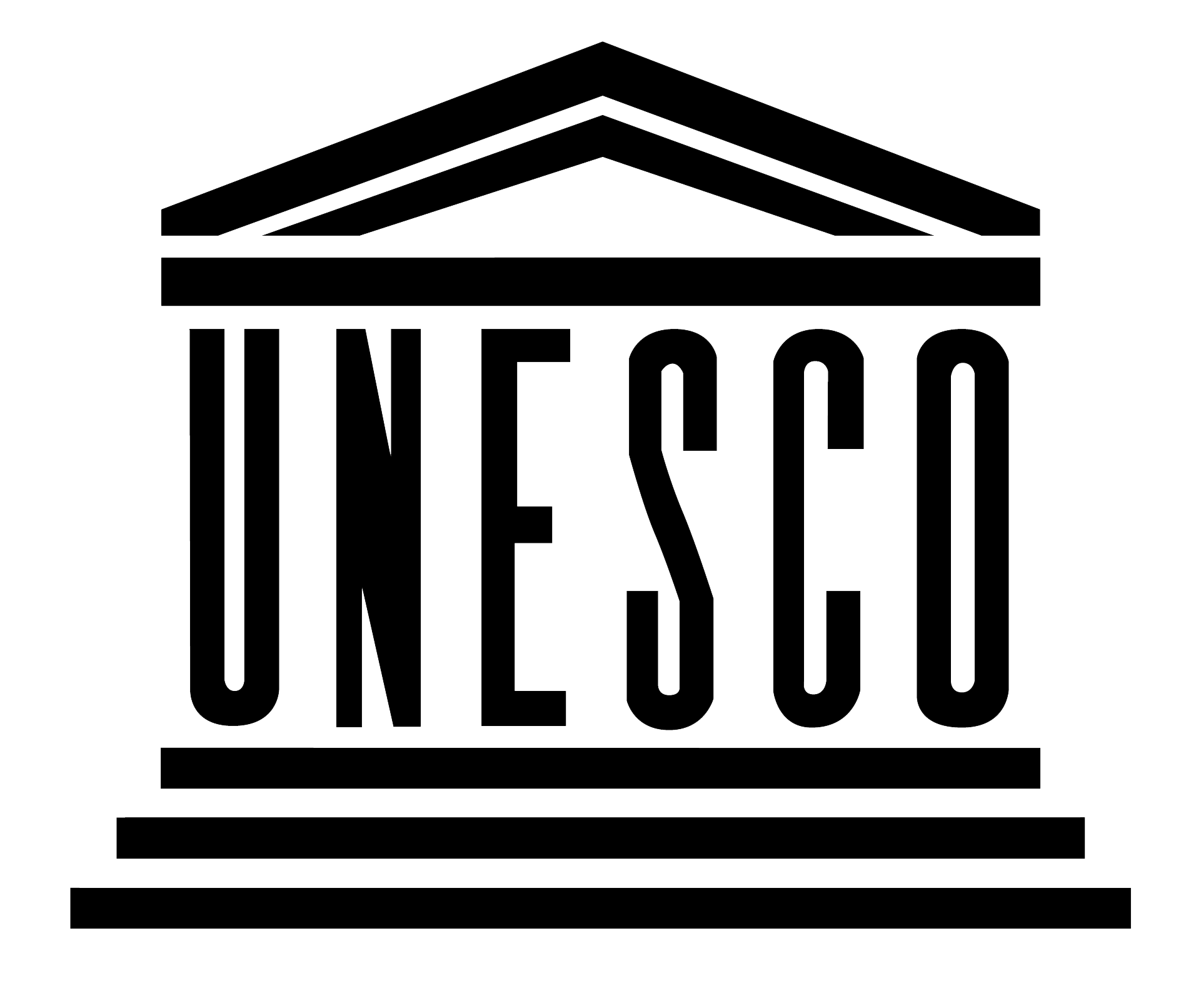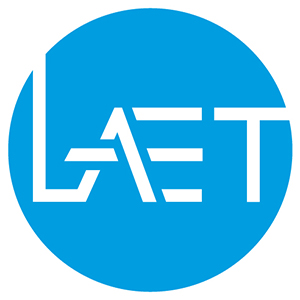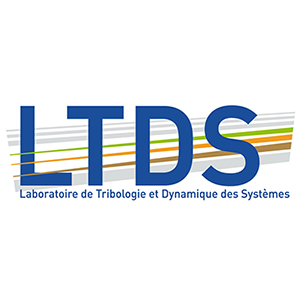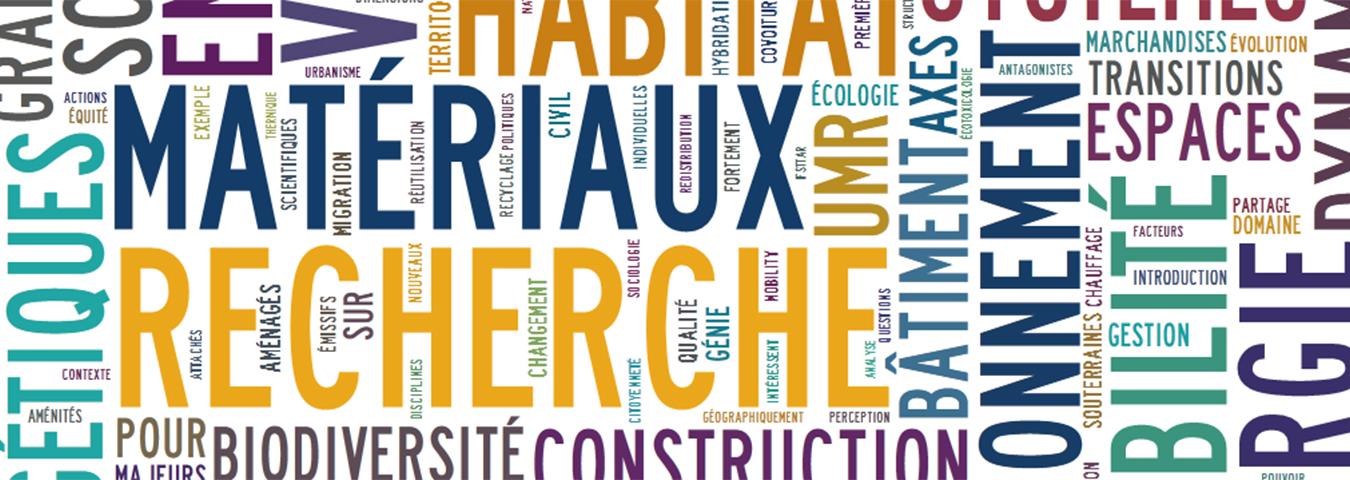
Themes and disciplines
/// Buildings, works of art, infrastructure, transport, mobility, cities, environment
- From building materials to infrastructure and works of art,
- from buildings to cities,
- from mobility to flows of goods and people,
- from natural spaces to nature in the city.
>> Such are the multitude of different themes subject to research at ENTPE
They are characterized by their vast range of scale, from substances to territories, and by their multitude of points of view, taking into account interactions between society, the environment and planned spaces.
These research themes correspond to ongoing concerns and are today subject to brand new questions in connection with the major issues of the 21st century: climate change, the erosion of biodiversity, the preservation of resources, the dynamics of human societies, energy efficiency, saving resources, the digital transition, climate, water and biodiversity.
ENTPE has chosen to be a player in the field of water and biodiversity, focusing on 3 key areas: the quality of inland waters, the preservation of groundwater and the health of aquatic ecosystems.
Research programs in this field focus on the fate of pollutants over the course of their migration in hydrosystems and how they are trapped in sediments. They also focus on the impact of pollutants on ecosystems.
Energy efficiency, and changes in energy models in general, lies at the centre of research in the fields of materials sciences, housing, mobility and transport and urban studies.
Housing and transport, two major areas of energy consumption, are increasingly energy efficient but also now capable of producing and storing energy, and are in the process of becoming key players in energy systems in their own right.
/// Research therefore includes work on the following
- the grey energy of construction materials,
- the hybridization of natural and technological resources, of heating, air conditioning and lighting,
- energy saving designs, both at the scale of buildings, blocks and cities,
- new mobility practices: active mobility, carpooling, carsharing, etc.
- energy sharing between housing and tertiary uses, or between housing and mobility, for example.
This research in the field of energy efficiency also directly aims to reduce greenhouse gas emissions linked to the consumption of fossil fuels by housing, cities and transport.
The introduction of alternative energy sources to fossil fuels (renewable energy in housing and electromobility in transport) also constitutes a significant way of reducing CO2 emissions.
/// Materials themselves are being closely re-examined
- scientific bases of "primary”, low-emitting materials and techniques (unbaked clay, rammed earth, etc.),
- incorporation of materials offering a good carbon footprint (biosourced materials),
- more generalized reuse of materials (recycling of materials from demolition),
all constitute very active themes of research.
The rise in digital technology and generalized spread of its applications and uses now affect all aspects of the city: the home, the city, mobility and the networks are all smart.
The production, exchange, use and application of the resulting data are at the core of ENTPE’s research programs in transport, housing and, to a lesser extent, the environment: mobility management, energy management and new forms of behaviour and practices.
Lastly, housing, transport, urban risks and access to amenities and services lie at the heart of individual and social dynamics. Social and urban inclusion, fairness in planning choices, citizenship and the power to act therefore constitute key issues in a context in which the digital, ecological and energy transitions are completely changing the landscape.
/// 3 disciplines: space and societies, engineering sciences, environmental sciences
Spatial planning issues are situated geographically, while the themes and issues connected to spatial planning affect everyone. Research therefore covers the issues of perception, different players’ representations, appropriation of the many and partly conflicting issues and action undertaken at different levels and the subsequent exchanges.
>> Space and society
Spatial and urban planning as well as sociology, economics and political science, all disciplines in the field of social science, constitute a major area of research at ENTPE through 2 research teams: EMR CNRS 5600 “City, Spaces and Society” and the Transport, Urban Planning and Economics Laboratory (UMR CNRS 5593).
>> Engineering sciences
Technical objects, constructions, transport systems and urban systems involve physics, civil engineering, mechanics and system dynamics: formulation of construction materials, design and analysis of structures, acoustic and thermal behaviour and lighting are at the core of ENTPE’s work within the Tribology and System Dynamics Laboratory (UMR CNRS 5513).
Transport systems engineering, on the other hand, combining mathematical and computer sciences, is the subject of models and simulations of traffic flows within the Transport and Traffic Engineering Laboratory (LICIT, UMR IFSTTAR).
>> Environmental sciences
Lastly, the environmental sciences are broken down into geosciences, hydrology, ecology and ecotoxicology within the Natural and Anthropic Hydrosystems Ecology Laboratory (LEHNA, UME CNRS 5023). The 2 areas of research conducted by ENTPE in this field therefore focus on the dynamics of pollutants in inland waters and their sediments and the impact of pollutants on living organisms on different scales.
